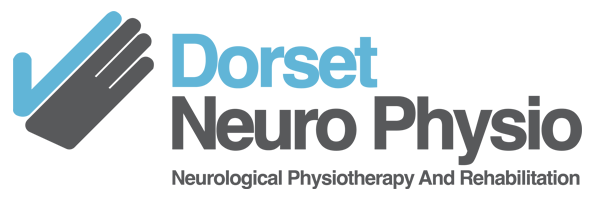Dorset Neuro Physio offers facial rehabilitation to people with facial weakness, asymmetry and functional problems of the face.
Facial palsy (weakness) can be caused by inflammation or damage to one of the facial nerves e.g. Bell’s Palsy, Acoustic neuroma or following a stroke, tumour or head injury in the part of the brain that controls the face. People usually have weakness on one side only. The weakness can affect facial expressions, eating, speech and eye function.
Facial rehabilitation aims to:
- Increase facial movements
- Improve symmetry and alignment
- Improve function e.g. facial expressions, speech, eating and drinking
- Improve well-being and confidence in appearance.
Optimising recovery
Individuals with facial weakness and dysfunction are often told to wait for spontaneous recovery however there is a lot that can be done to help promote recovery. Improvement in symmetry and movement can be made even after many months.
Symptoms and functional problems of facial dysfunction
- Asymmetrical or drooped face
- Reduced facial expressions including difficulty smiling, raising eyebrows, frowning, kissing
- Difficulty eating and drinking, chewing and manipulating food
- Difficulty managing oral secretions leading to drooling
- Slurred speech
- Problems with reduced or excessive tear production
- Difficulty closing eyes or blinking – this can lead to sore eyes, infections, redness
Muscle Imbalance and Asymmetry
If there is weakness on one side of the face but normal power and movement on the unaffected side, the stronger side can pull the face, nose and mouth across causing asymmetry and making it more difficult for the weaker side to recover. Stretches and relaxation can help this.
Rehabilitation and Treatment
Rehabilitation is tailored to the person’s individual problems and goals.
If there is asymmetry of the face or no movement on the weak side, treatment focuses on relaxation, stretching of tight muscles and teaching about how to re-align and ‘centre’ the face in order to aid function e.g. Smiling, drinking.
Weak muscles are strengthened through active or assisted exercises with education to achieve balanced, accurate movement.
A mirror is often used to provide feedback. Taping of the face may be helpful to re-align muscles into a more efficient position for them to activate.
Eye care advice is given if there is incomplete closure of the eye or reduced tear production.
You can find more information at: http://www.facialpalsy.org.uk
